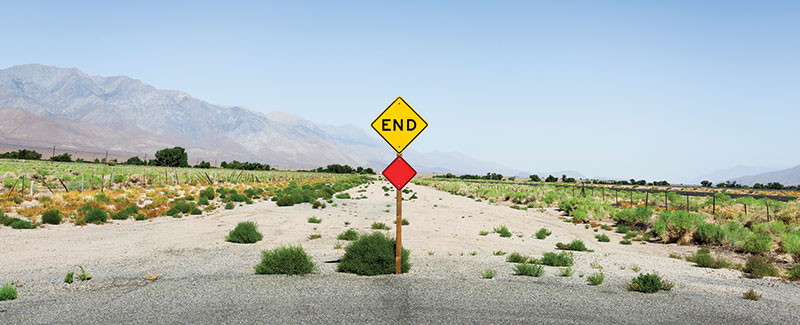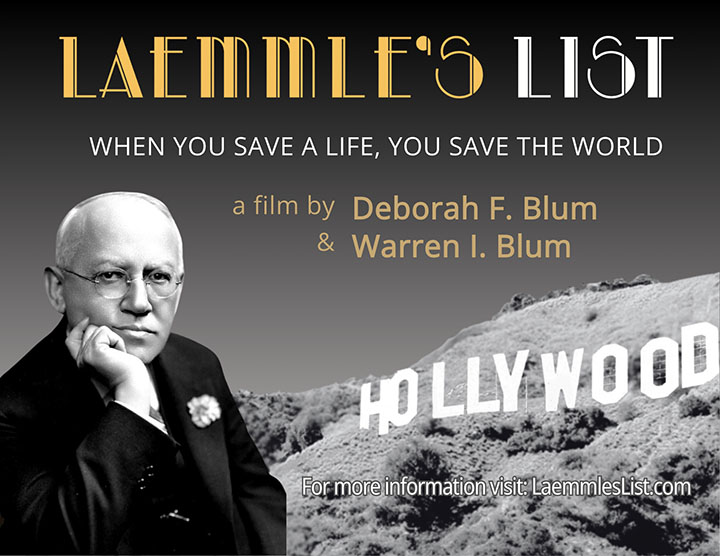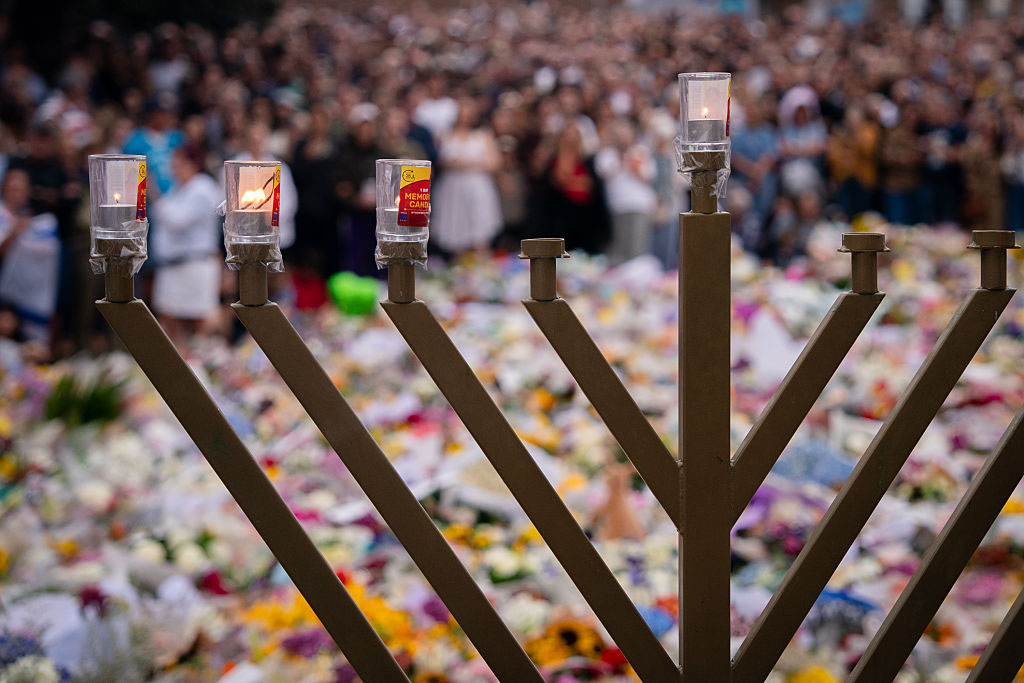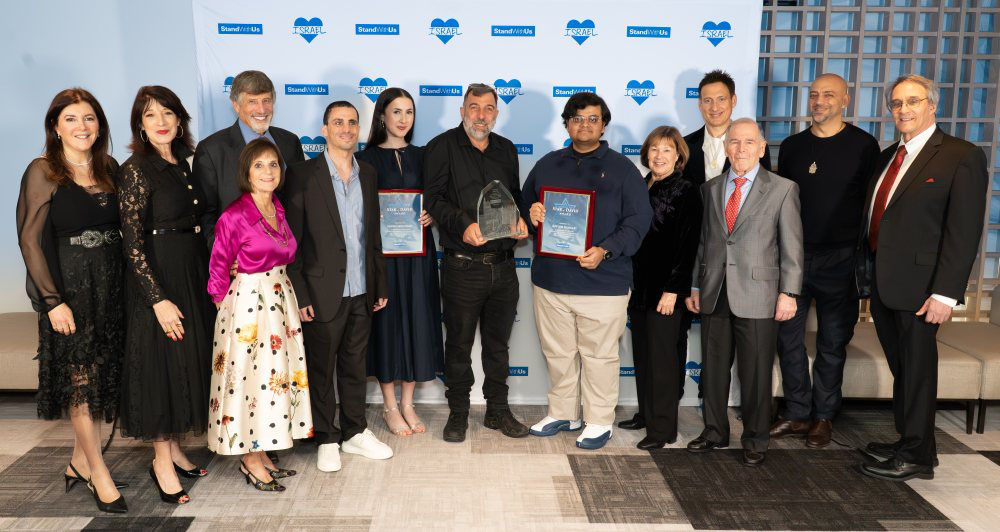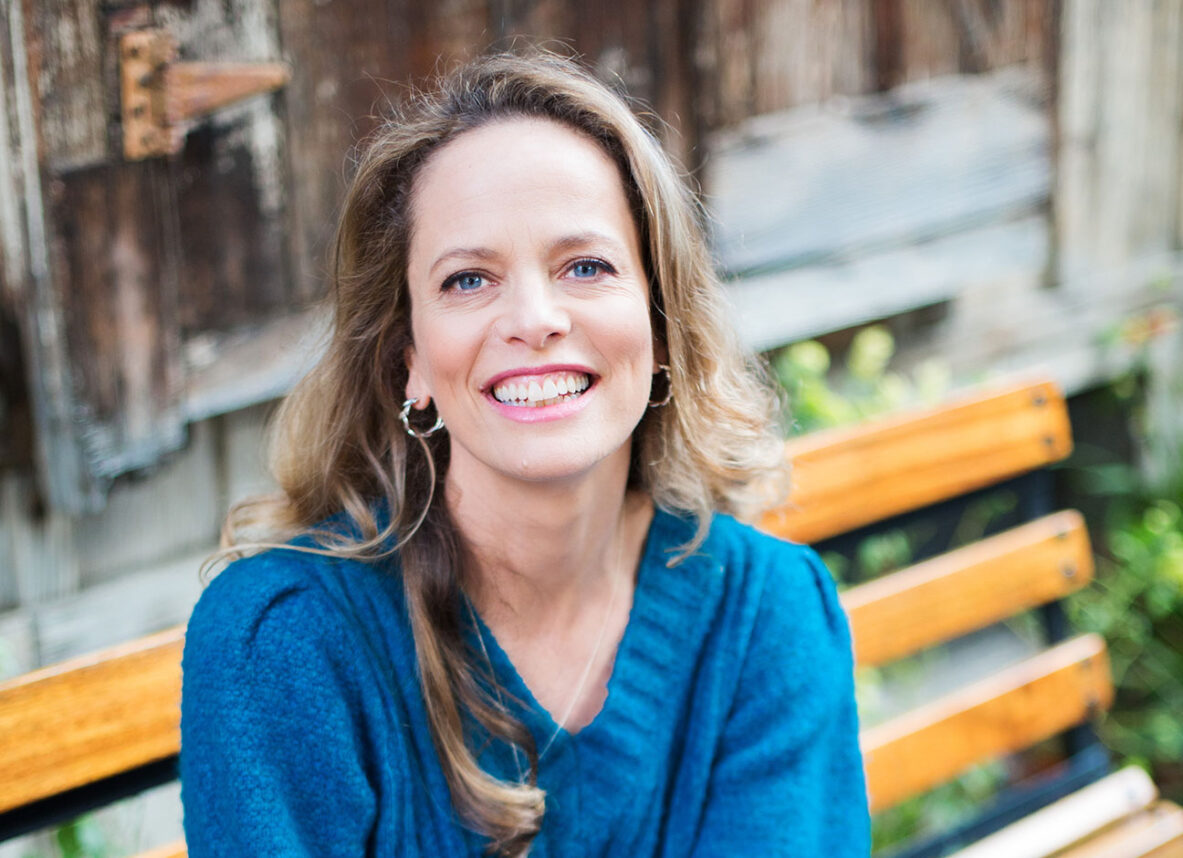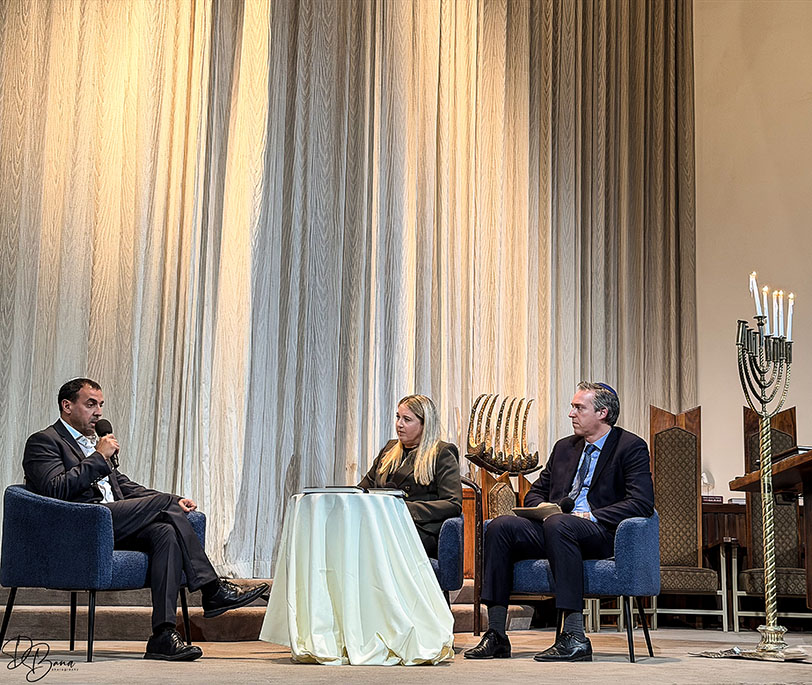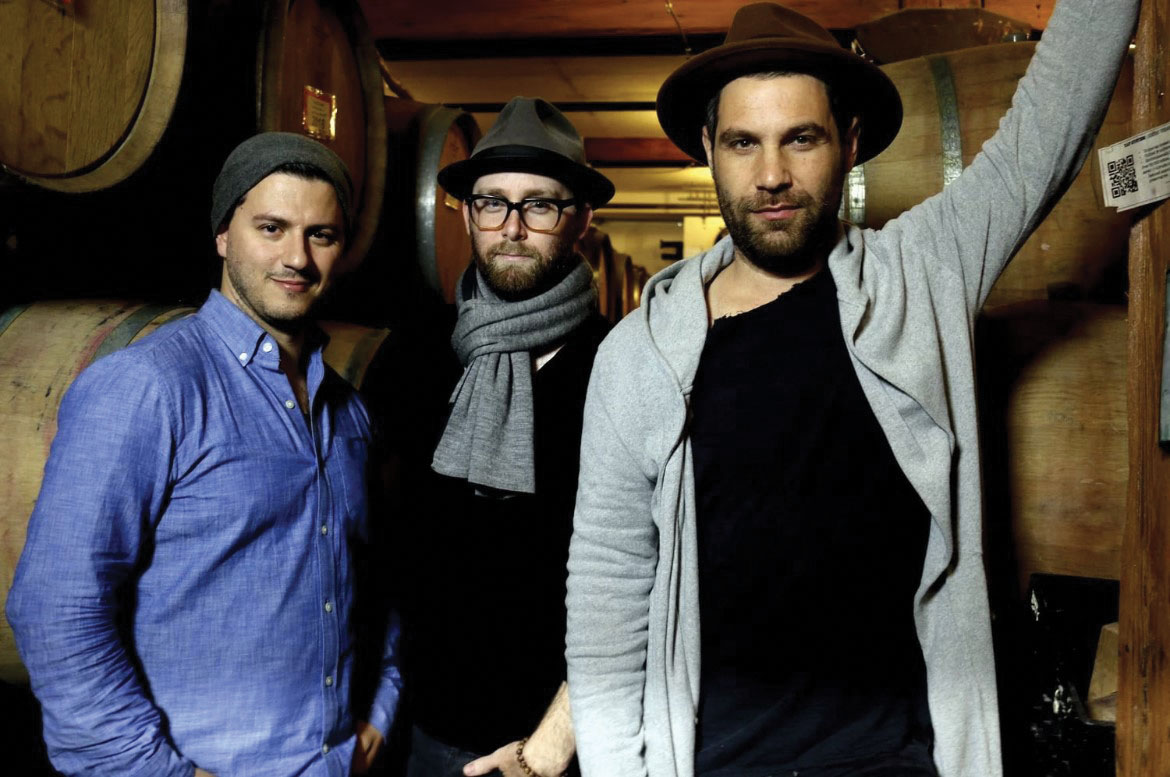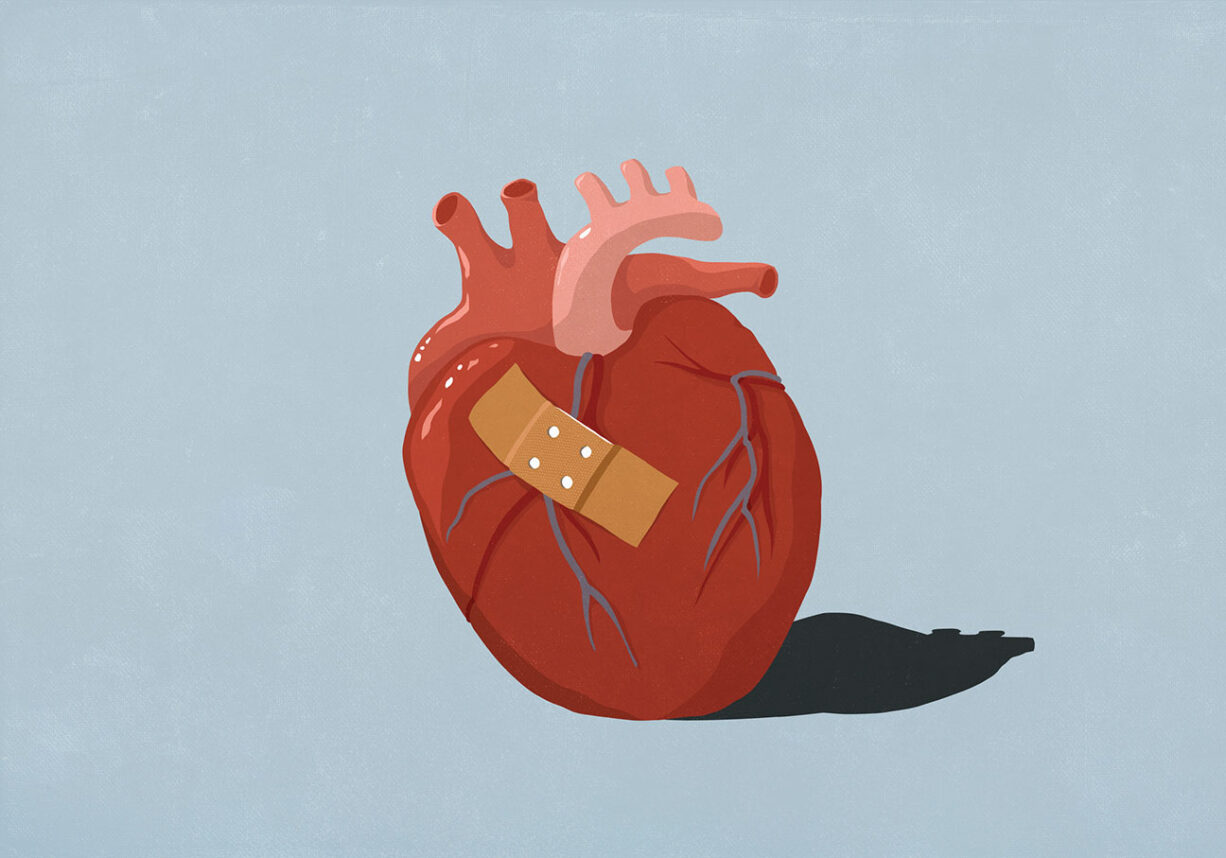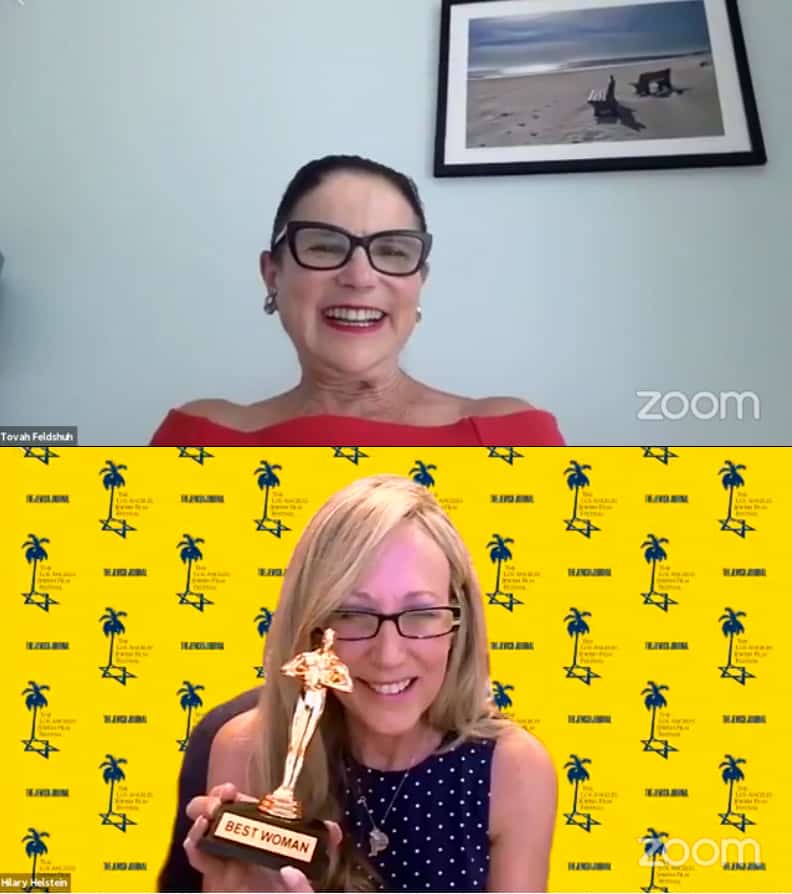
“What I miss most,” Tovah Feldshuh said, “is my variety of choice.”
Pandemic-forced isolation doesn’t yield multiple opportunities for variation, but from a quiet room in the Hamptons, the award-winning actress and singer seems to be holding steady. Feldshuh has been using the time to write a memoir about her mother, getting to know her first grandson and awaiting the birth of two granddaughters.
Live performances are largely on hold for the moment, although Feldshuh fully expects to eventually return to the role of Israeli Prime Minister Golda Meir in William Gibson’s solo play, “Golda’s Balcony,” which she played for nearly 500 performances from 2003 to 2005. Or perhaps once the pandemic lifts, she’ll receive an offer to remount her solo show about Leona Helmsley or get the gang back together for “Sisters in Law,” which saw Feldshuh portraying Supreme Court Justice Ruth Bader Ginsburg last fall at the at the Wallis Annenberg Center for the Performing Arts in Beverly Hills.
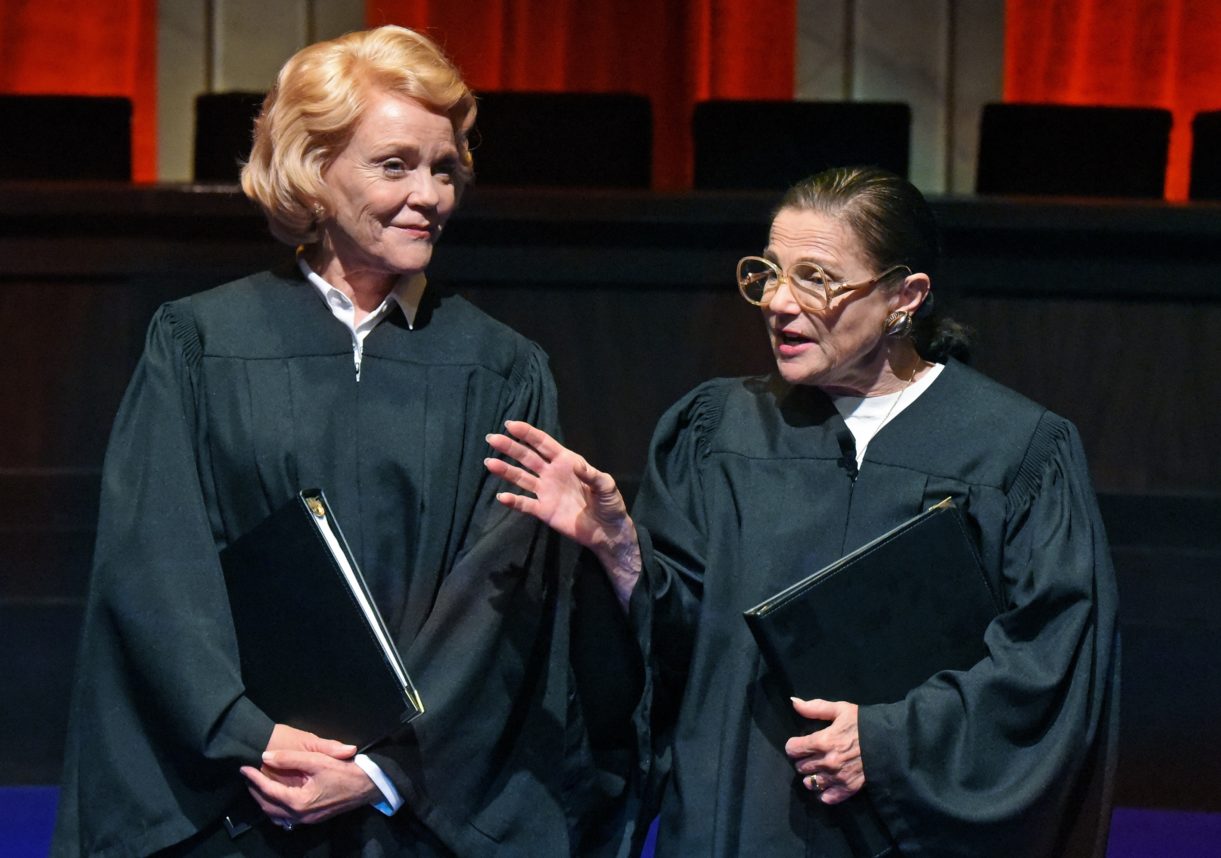
On July 12, Feldshuh regaled a virtual audience of more than 300 with stories from her life and career in a conversation with Los Angeles Jewish Film Festival (LAJFF) Executive Director Hilary Helstein. The LAJFF screened the film version of “Golda’s Balcony” for the closing night of the 2019 festival. The July 12 conversation was presented by the Journal.
Feldshuh spent the first part of the 90-minute discussion talking about the genesis of the role, her experiences researching and creating Meir and her perception of the differences between the film and stage play. In the summer of 2002, Feldshuh was biking in Ireland and preparing for a concert in Tanglewood, Mass., when a friend told her of a planned solo play about Meir at Shakespeare & Company. The performance was sold out and no name dropping or persuasion would get her in. Later, Feldshuh learned the play was headed for New York and she dispatched her manager to learn more.
“She didn’t just inquire, she went after it and got me the offer,” Feldshuh said. “I read the play and said, ‘It’s another Jewish mother,’ and she said, ‘Listen nitwit, it isn’t just another Jewish mother, it’s the mother of the State [of Israel]. You’re taking this role.’”
Feldshuh discussed the research she conducted into Meir’s life including trips to the late prime minister’s home in Milwaukee, to Denver and to Israel and studying archival footage of Meir.
Feldshuh got the process of transforming into Meir from two hours to about 45 minutes. This makeup and wardrobe preparation included pin curls, a wig cap, painting in jowls and lines on her face, donning a fat suit and stuffing her bra with birdseed. Meir had phlebitis and Feldshuh insisted on carving out the varicose veins on her stockings. The stage had a desk, and during the Iraq conflict, Feldshuh placed the name of a soldier who lost his life to dedicate that evening’s performance.
Those routines she said, helped keep her performances fresh.

“Before I go on stage every day and every night, I say, ‘This is someone’s first play and this is someone’s last play,’” she said. “That makes a difference. The thing that changes during a long-running performance is the audience and there’s nothing like an actor phoning in a performance. It makes me want to throw up.”
“Golda’s Balcony” would become the longest running female solo show in Broadway history. Feldshuh has been playing the role for 17 years in New York at regional theaters and internationally. The movie is taken from a live performance of “Golda’s Balcony” filmed 2003, which had been archived for use in a documentary. In addition to being proud of her work, Feldshuh appreciates that the movie exists as a record.
“One day I may not be here, but the film will be here,” she said, “and it will be an honor to hand that piece of film — l’dor vador — from generation to generation so the grandchildren can understand who Golda Meir was and my grandchildren can understand what their grandmother did.”
The conversation moved to other highlights of Feldshuh’s career which, in addition to her stage work, includes more than 100 TV and film credits. She played the memorable Naomi Bunch, the prototypical (and singing) Jewish mother of “Crazy Ex-Girlfriend” title character Rebecca Bunch (Rachel Bloom) and also played Deanna Monroe for multiple episodes of “The Walking Dead.”
Before signing on for “The Walking Dead” Feldshuh said she requested one significant scene for every episode in which she appeared. “I said, ‘I need something to bat it out of the park or you should give the role to another actress,’ ” Feldshuh recalled, “because any other actress my age should appreciate being in the top-rated cable show in the world. That was the first job I ever had besides [the miniseries] ‘Holocaust’ where I got recognized in a gelato shop across from the Duomo in Milan.”
“One day I may not be here, but the film will be here, and it will be an honor to hand that piece of film — l’dor vador — from generation to generation so the grandchildren can understand who Golda Meir was and my grandchildren can understand what their grandmother did.” — Tovah Feldshuh
Speaking of making an impression, Feldshuh has especially fond recollections of her time in the 2013 Broadway revival of “Pippin,” during which she nightly swung upside down from a trapeze singing the show-stopping song “No Time at All.”
“It brought the house down,” Feldshuh said, “because if you put an old bird swinging on a trapeze singing a hit song upside down, it engenders hope in everybody.”
No fan of the current political administration, Feldshuh reminded listeners to vote in November for “people who understand the original precepts of the United States of America. Being in groups whether they are Jewish or Christian or Muslim or Black or white may be a common tendency,” she said. “However, racism in this country is against the law, so we need to take our country back.”
She added, referring to President Donald Trump, “I beg you to look at the man because the man is deplorable and the example he is setting for our children and our grandchildren is a deadly thing for America. So be very careful about your vote in November.”









